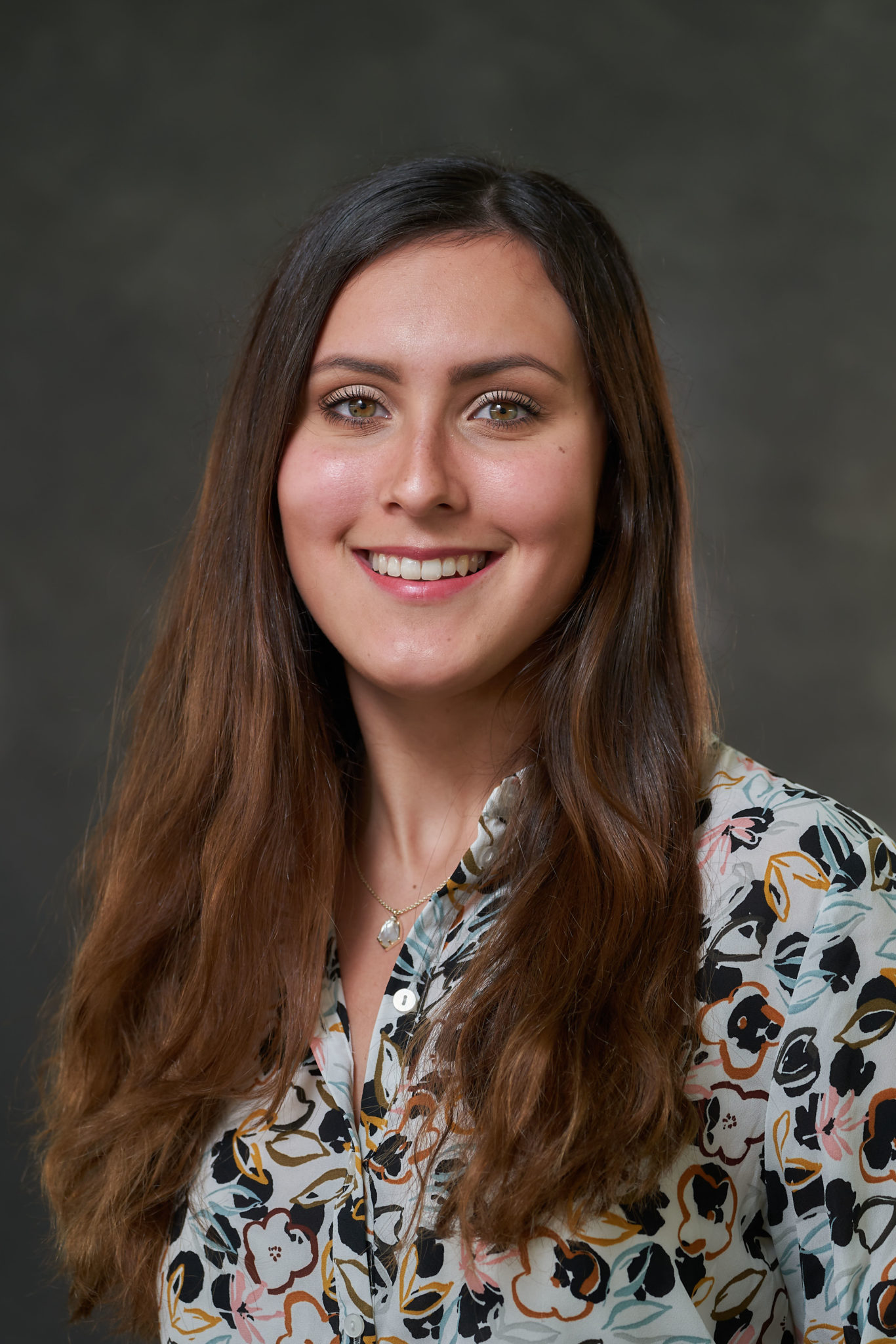Newhouse Insider: My Experience Applying for the Pulitzer Center Reporting Fellowship

I’ve mentioned this in my previous posts, but I’ll say it again: there are so many opportunities at Newhouse, it’s overwhelming. It’s certainly been the most surprising part of my time here. One opportunity I had my sights set on since I enrolled was the Pulitzer Center Reporting Fellowship.
While there aren’t a whole lot of “study abroad” experiences for graduate students in the Magazine, News, and Digital journalism program, the Pulitzer Center fellowship is your ticket to an international reporting project. Here’s a little bit about my experience researching and applying for this program:
The fellowship is geared toward students from different universities that are interested in doing an international reporting project on an underreported issue. One recipient is chosen from each participating university and awarded $3,000 to complete their project.
Newhouse will host info sessions in the fall for those interested. You should take advantage of these, get a feel for what the Center is looking for, and the types of students that have won in the past. An example of a Pulitzer Center project is Micah Castelo’s travels to the Philippines. Your pitch can be whatever you want it to be, which is the beauty of this opportunity. No molding yourself to tell stories you’re not interested in—you call the shots here.
If selected, you can choose what medium to build your story in (it will likely be two parts in two different mediums). You will get mentorship from the Pulitzer Center’s staff and other award recipients. So not only do you get to pitch your own project, report it, and write it but you also make extraordinary connections. And at the end of it all, the Pulitzer Center flies you down to Washington D.C. to meet the other award recipients.
To prepare for the application, I started brainstorming and had zero ideas. COVID-19 was also something to consider—would I be able to travel for the fellowship when the time came? I decided to write about what I know best: my birthplace, Puerto Rico. Surely, I could find a underreported issue on the island to write about.
Funnily enough, I hit writer’s block again. So, I started asking friends and family: what are you curious about? What do you want to learn about? Little by little, ideas started to form in my brain. I settled on three different stories but wasn’t sure which would work best. I turned to my Newhouse professors and bounced the ideas off them. I highly suggest doing this with a trusted advisor. They can help you expand the idea or tell you if it won’t work well for the fellowship.
In the end, after their feedback, I chose a story idea and started my application. I did some initial reporting, interviewing a few sources to get a better sense of what the story would look like. This is also something you might want to do before even pitching it to your professors, because I had a few ideas that after initial reporting turned out to be not-so-great.
You send your application through Newhouse who selects the top students and sends the applications to the Pulitzer Center, who selects the winner. The application has multiple components: you type up a pitch in 500 words or less, create a budget and itinerary, submit three references, suggest publications to pitch your story to, and submit three clips. Application requirements might vary by school and year, but I found the application simple and to the point.
For my pitch, I made sure to describe a story idea that was compact, realistic, but out-of-the-box. You want to be sure you’re not pitching too many stories in one. I also wanted to show why I was the perfect writer for it. You apply in January and find out around mid-March if you were selected. It was nerve-wracking to wait.
I must admit that I wasn’t entirely confident about my idea. I was worried it was too broad, or that others had better ideas (someone always does—and that’s okay!). Even though my professors helped, I was also concerned I didn’t have very impressive clips to submit. I only started my reporting career a year ago, so many other applicants surely have years of experience over me. Despite all these doubts, I sent the application out into the void, hoping for the best, but keeping expectations low.
After receiving an email informing me I made it to the top three candidates, I thought I had peaked.
In mid-March, I found out I won the fellowship. I’m surprised (if you haven’t noticed), but I’m excited that I had this opportunity to practice crafting a complex, long-form pitch and to learn a little bit of patience with myself when developing ideas. The stress toughens you up (ha!). So, stay tuned for my story on menstrual injustices in Puerto Rico, coming to you next fall! Moral of this story is, even if you’re not sold on your idea, apply. You might take yourself by surprise.